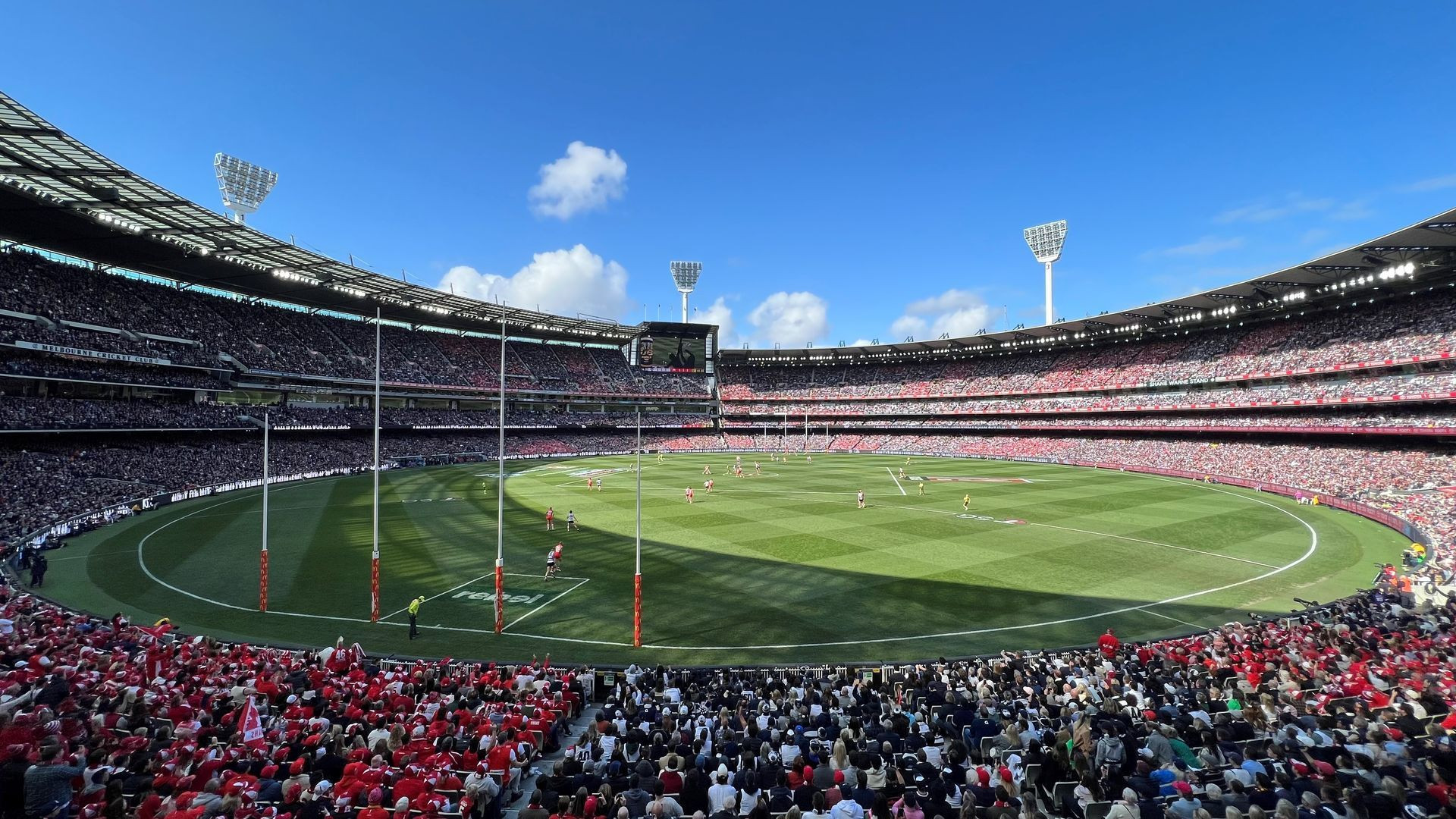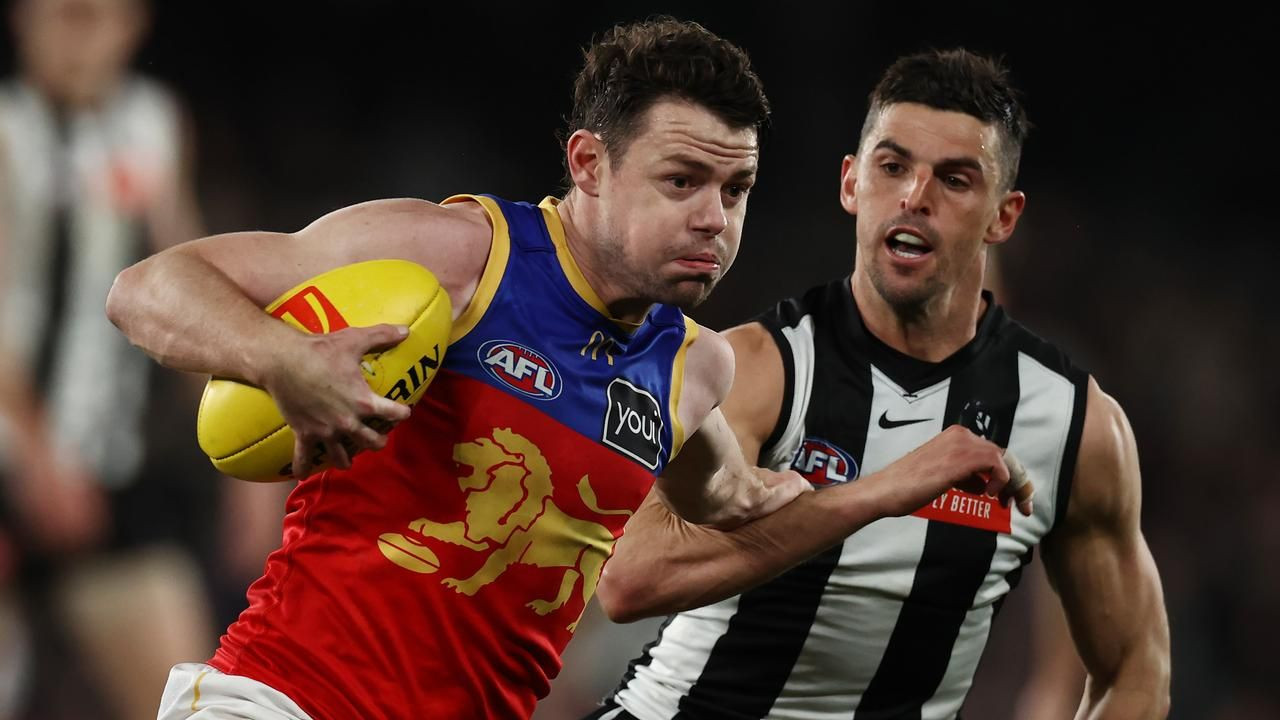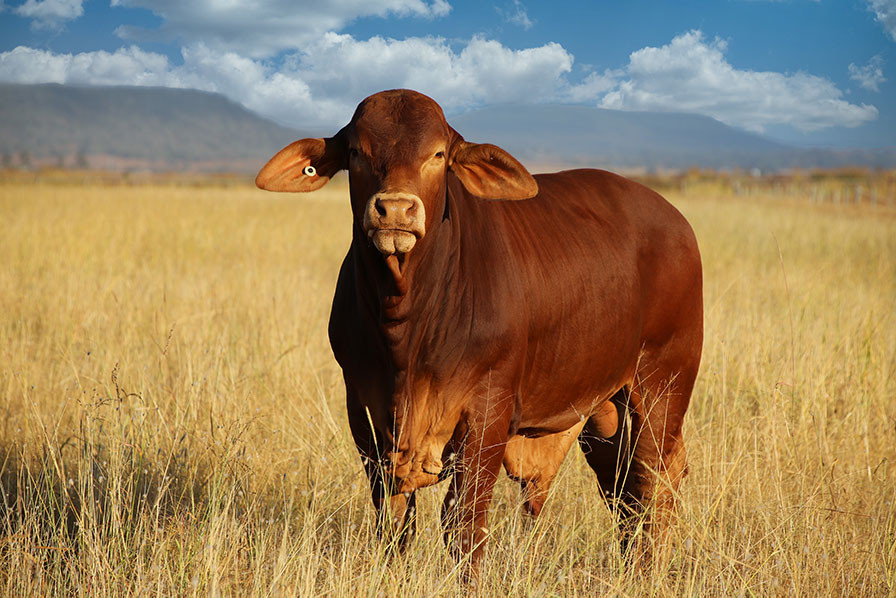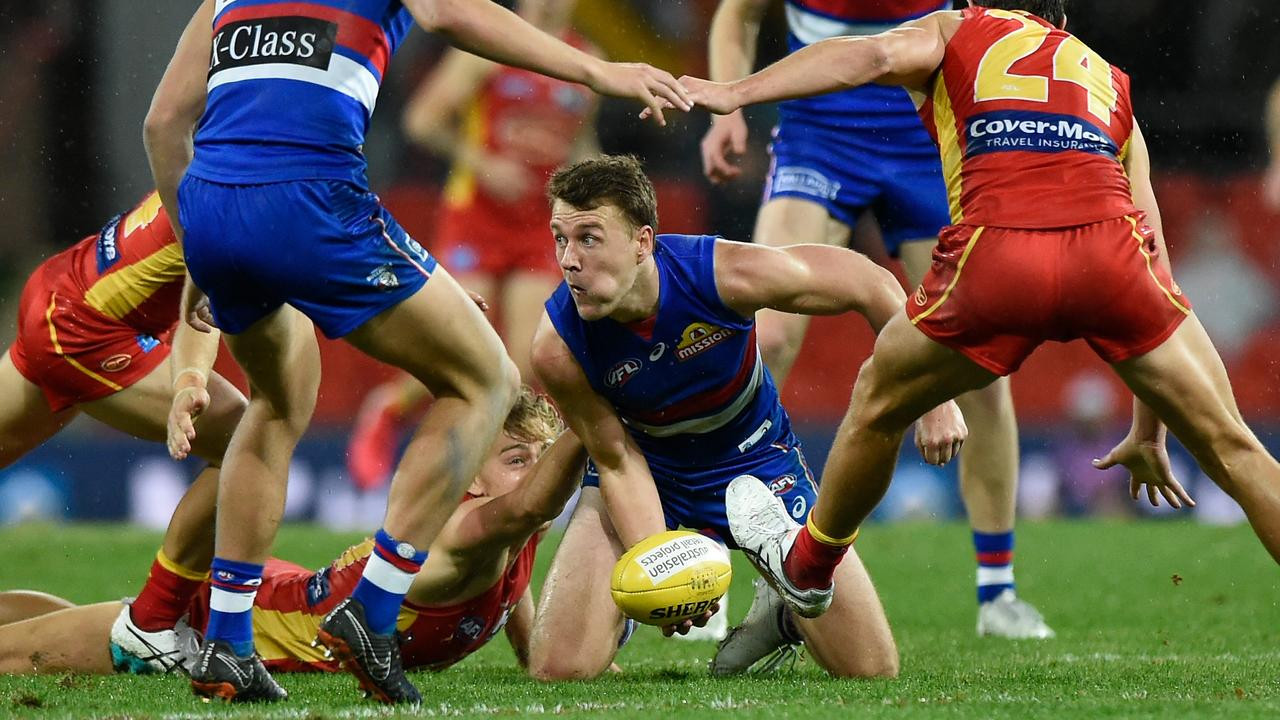The AFL premiership is considered one of the most coveted prizes in Australian sport. After 23 home-and-away games and a finals series, one team will be left standing on the last Saturday in September. But, aside from the prestige, what comes with winning an AFL premiership?
In addition to the premiership cup, premiership flag and E.L. Wilson shield, the grand final winning club is awarded $1.2 million in prize money. The runners-up don't go home empty handed - they receive a $660,000 bonus as a consolation prize. Additionally, clubs and players can earn more money through their performances. A prize pool of $1.1 million is split among the players of the top four teams in a season. While as of 2023, the McClelland Trophy is awarded to the best performed club across the AFL and AFLW seasons, with $1 million in prize money attached to that honour. The money is typically shared between the club and its players.
AFL Revenue Boom
The AFL is set to become a $1.25bn business by next year, cementing its status among Australia’s biggest private operations. This growth is fueled by a combination of factors, including a new TV deal that will bring in $4.5bn over seven years starting in 2025. The league should break though the $1bn revenue barrier for 2024, capped by Saturday’s historical grand final between the Sydney Swans and Brisbane Lions at the MCG. This will give the AFL more spending power and build on what is already the most impressive balance sheet in Australian sport, boasting $441m in net assets, including ownership of Marvel Stadium in Melbourne’s Docklands. Revenue should hit $1bn this year, and then about $1.25bn in 2025 with the new TV deal, making the AFL bigger in income terms than businesses such as Mecca Brands and Melbourne Airport, and likely within the top 60 private companies in Australia.
Gambling Regulation and the AFL
AFL chief executive Andrew Dillon has warned against the introduction of heavy-handed gambling laws that could force bookmakers to exit the market, claiming it could cost sports codes millions of dollars in fees and create issues with offshore match-fixing. Dillon said the AFL was working with the federal government on regulatory changes, but said finding the right balance was critical. “We understand the need for regulation. We just want to … have a regime that is fit for purpose, but balances the community expectation to the amount of advertising and also makes sure that we still have an incentive for wagering operators to remain licensed. If there is going to be wagering on AFL or any sports in Australia, we want that happening within Australia, in a regulated framework, not going offshore.”
AFL and Media Landscape
The AFL’s growing financial clout has also drawn attention from the media landscape. While the league is enjoying record revenue, it's also navigating a changing media landscape. One of the biggest challenges is the increasing dominance of online platforms, with news outlets like CNN experimenting with paywalls to shore up their business. The ABC has also appointed veteran journalist and media executive Alan Sunderland to undertake an independent review of the broadcaster’s Line of Fire reports about an Australian military operation in Afghanistan, demonstrating the growing scrutiny of media ethics and standards.
AFL and Other Sports: A Battle for Attention
The AFL’s growing popularity and financial success has also led to tensions with other sports, particularly rugby league. Some commentators have suggested that the AFL is on track to overtake rugby league in popularity, but NRL officials have countered that rugby league remains strong, particularly in Sydney. The AFL’s increasing media presence and growing financial muscle have undoubtedly put pressure on other sports to compete for attention and resources, showcasing the ever-evolving landscape of Australian sports media and entertainment.
AFL: A Growing Powerhouse
The AFL is not just a sport; it's a thriving business with a growing footprint in the Australian media and entertainment landscape. As the league continues to expand its operations and revenue, it will face new challenges and opportunities. With a changing media landscape and increased scrutiny from both the public and the government, the AFL will need to navigate these complexities while maintaining its status as a dominant force in Australian sport.


















